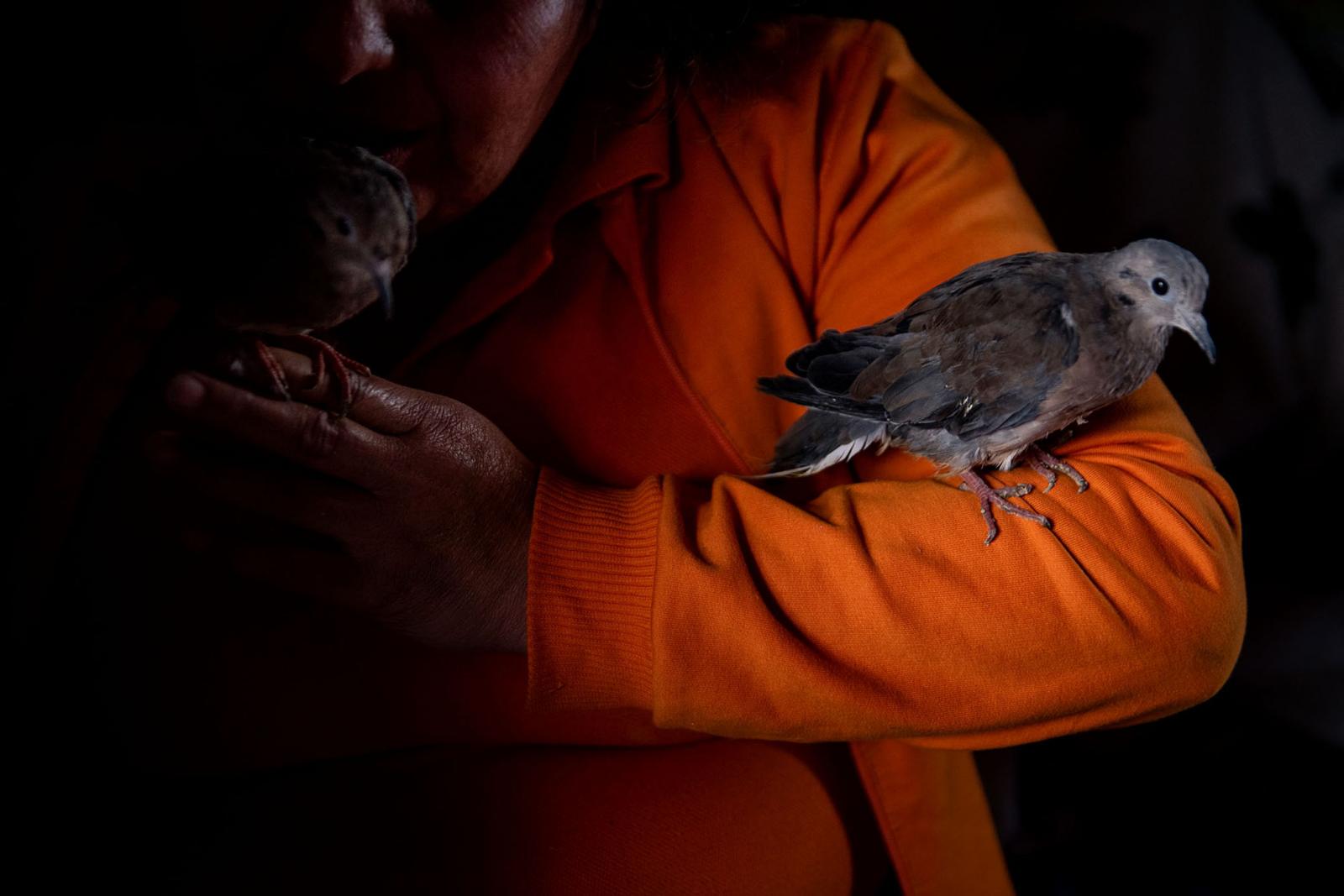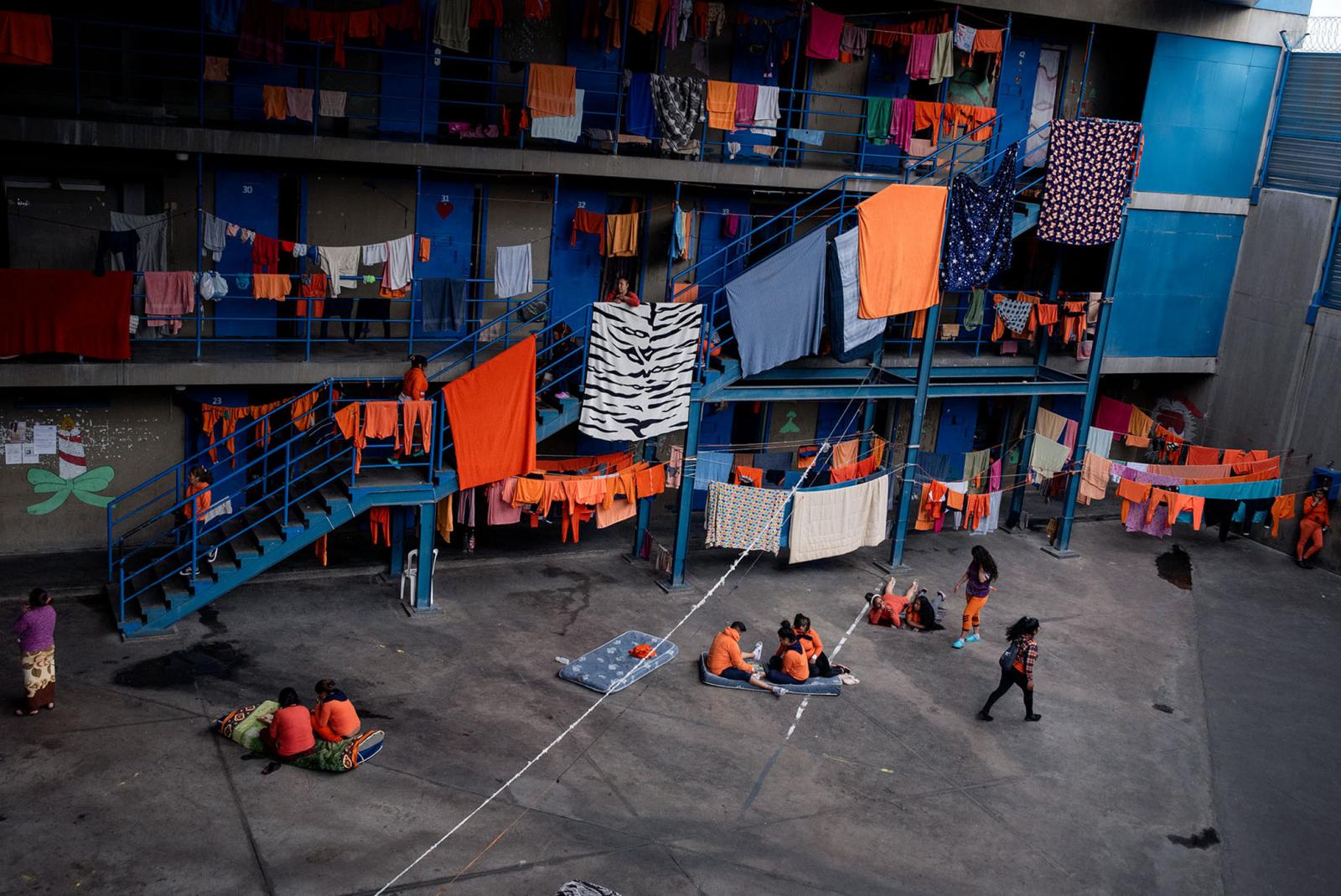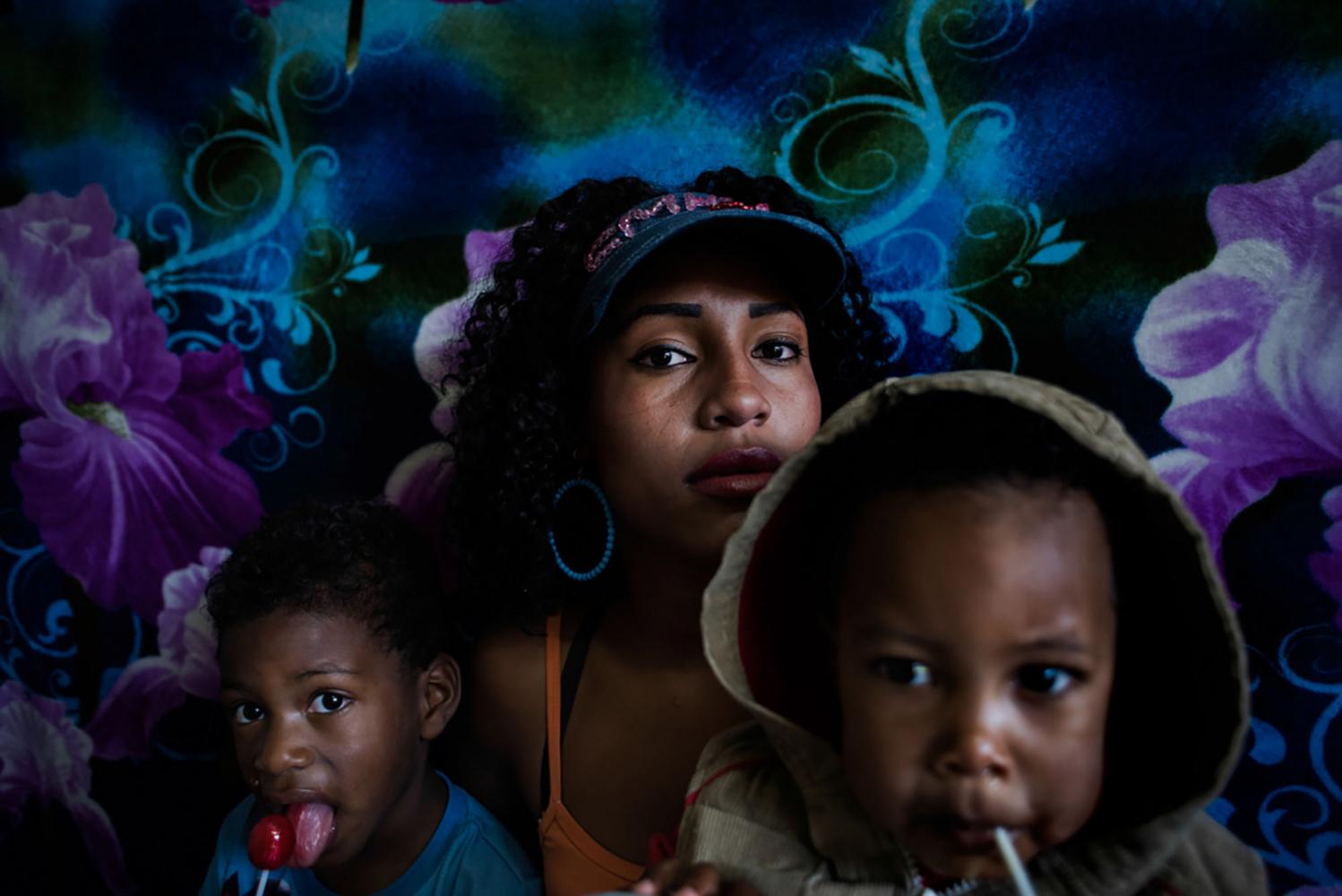Public Project
GHETTO DREAMERS
In 2016, my cousin who is like my brother was arrested for drug tracking. He had marihuana for his own consume but the judge sentenced him to one year in prison.
Since that moment everything changed in my family. We started a routine between work, visits, and lawyers. Like us, other families spent time and money during their eorts to survive jail. I have worked in jail with art and Hip Hop projects, so those experiences allowed me to create this story and live with my friends the consequences of criminalization in Latin America. Ecuador has an overpopulation of 40% in prisons, with a total of 41,000 prisoners in conditions of overcrowding and violation of human rights. In 2019, the Public Defender’s declared the penitentiary system in a state of emergency. In 2012, the government approved a new penal code with maximum-security policies.
Since that moment everything changed in my family. We started a routine between work, visits, and lawyers. Like us, other families spent time and money during their eorts to survive jail. I have worked in jail with art and Hip Hop projects, so those experiences allowed me to create this story and live with my friends the consequences of criminalization in Latin America. Ecuador has an overpopulation of 40% in prisons, with a total of 41,000 prisoners in conditions of overcrowding and violation of human rights. In 2019, the Public Defender’s declared the penitentiary system in a state of emergency. In 2012, the government approved a new penal code with maximum-security policies.
The hardening of penalties for drug tracking increased from 11279 prisoners in 2009 to 41000 in 2019. One in every three Ecuadorians is imprisoned due to this crime.
For inmate families, distance represents a big problem in terms of time and money. Unfavorable social-economic conditions and extreme isolation policies, such as the prohibition of written letters or photographs, limited communication, and extreme body searches for visitors create emotionally fragile conditions for prisoners and families. Those conditions endure the sentence without a rehabilitation and reintegration process, increasing the impact of this social issue.
For inmate families, distance represents a big problem in terms of time and money. Unfavorable social-economic conditions and extreme isolation policies, such as the prohibition of written letters or photographs, limited communication, and extreme body searches for visitors create emotionally fragile conditions for prisoners and families. Those conditions endure the sentence without a rehabilitation and reintegration process, increasing the impact of this social issue.
3,094


















